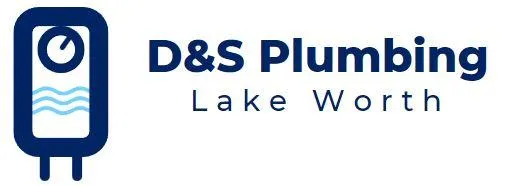Condensing vs Non Condensing Tankless Water Heaters: What are the Differences?
Condensing or Non-Condensing? With this in-depth comparison guide, you'll learn about the unique benefits of each option and gain the knowledge to make an informed decision. Choose the perfect tankless water heater for your living space, and enjoy endless hot water today!

What is a tankless water heater and how does it work?
Say goodbye to the bulky, constantly-heated tanks of traditional water heaters and say hello to the sleek and energy-efficient tankless designs. With tankless water heaters, water is heated on-demand, ensuring that you're never left with cold water. Not only does this save space, but it also saves you money on your energy bill. Plus, tankless models are built to last, without the corrosion and leakage issues that are typical of traditional models. Upgrade to a tankless water heater today for reliable, efficient, and long-lasting hot water.

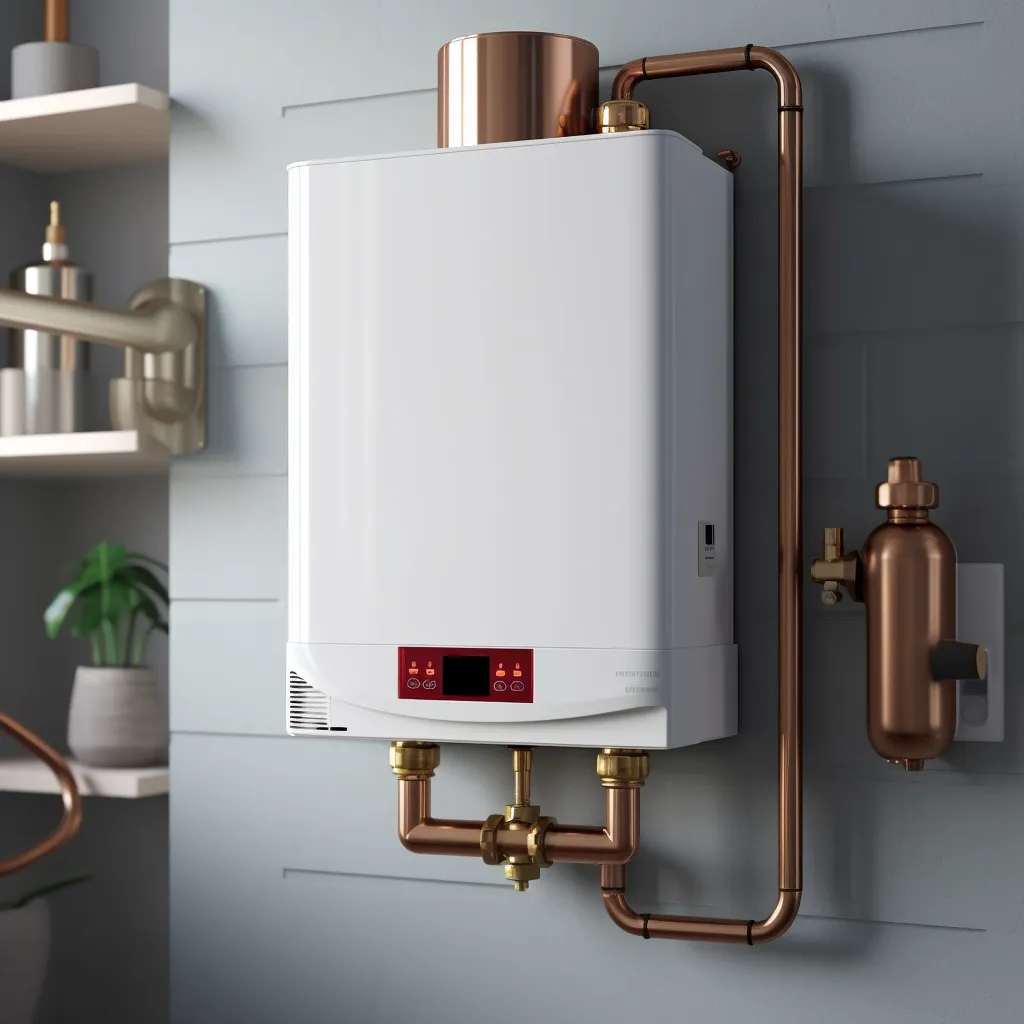
What is a condensing tankless water heater?
Upgrade to a condensing tankless water heater for ultimate efficiency. It recycles waste heat, which means more hot water with less energy waste. Enjoy savings on your energy bill and do your part for the environment by reducing your carbon footprint.
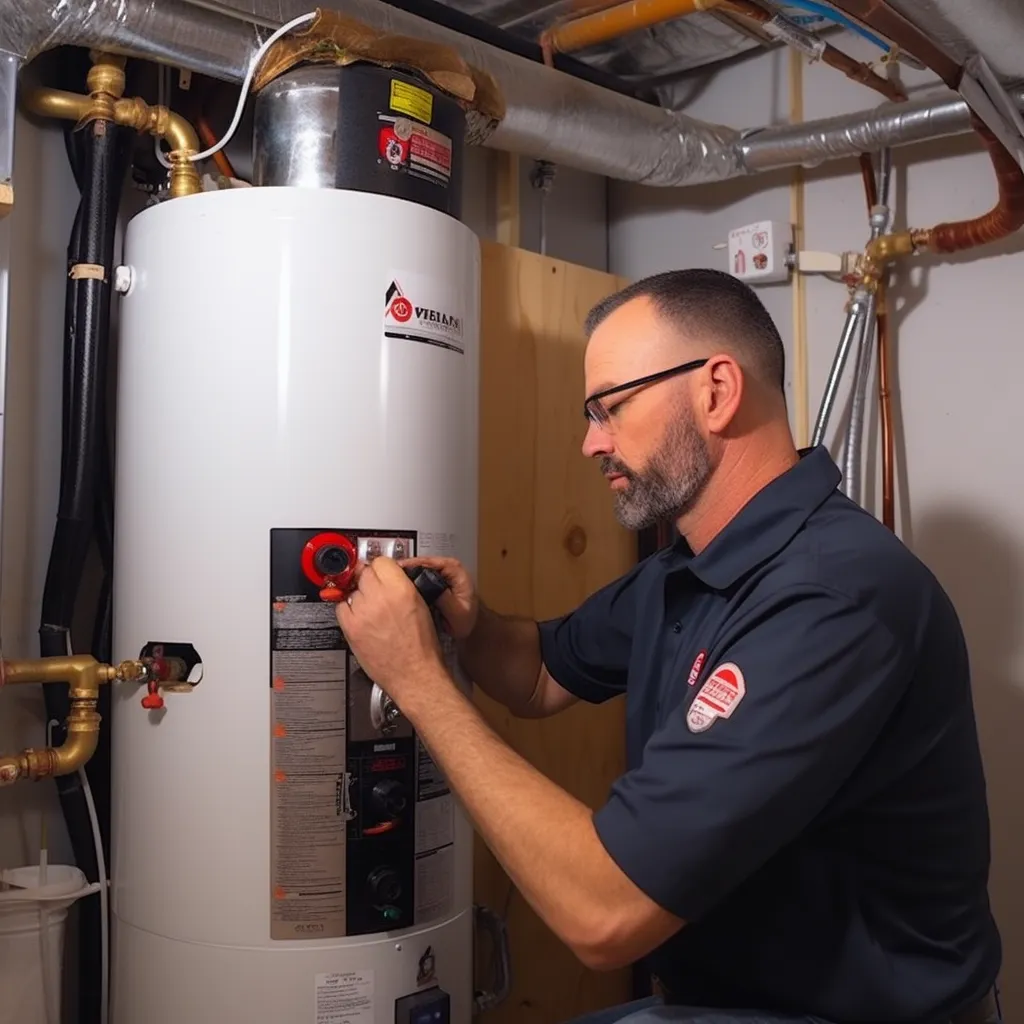
What are the differences in condensing vs non condensing tankless water heaters
Looking for a way to cut down on energy costs? Consider a tankless water heater! But remember, there are two types to choose from: condensing and non-condensing. The key difference lies in how they handle exhaust gases. Non-condensing models release them into the atmosphere, while condensing models cool them down until they turn into water vapor and get expelled. This makes condensing models much more efficient than non-condensing ones, though they may have a slightly higher upfront cost. In the long run, though, they'll save you big bucks on energy expenses.
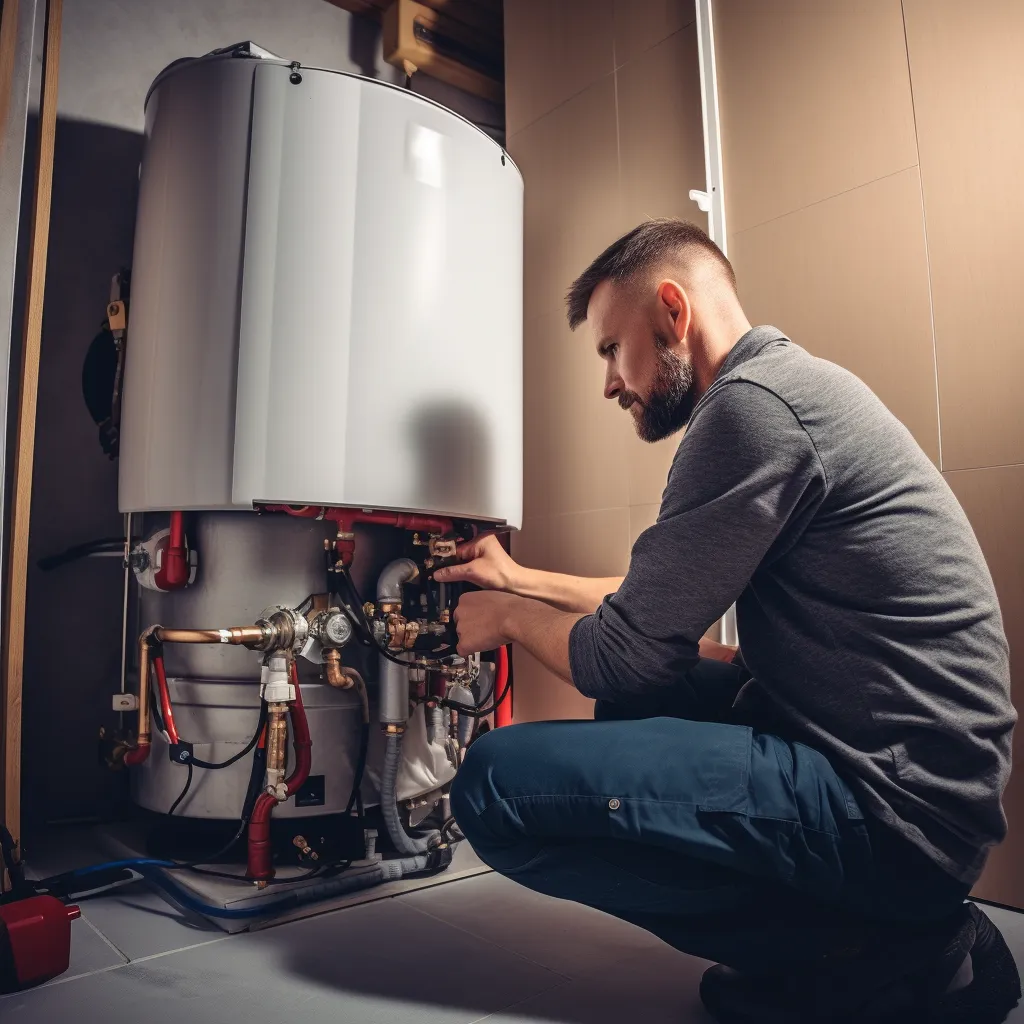
What are the benefits
of a condensing tankless water heater?
Condensing tankless water heaters have several advantages over non condensing water heaters:
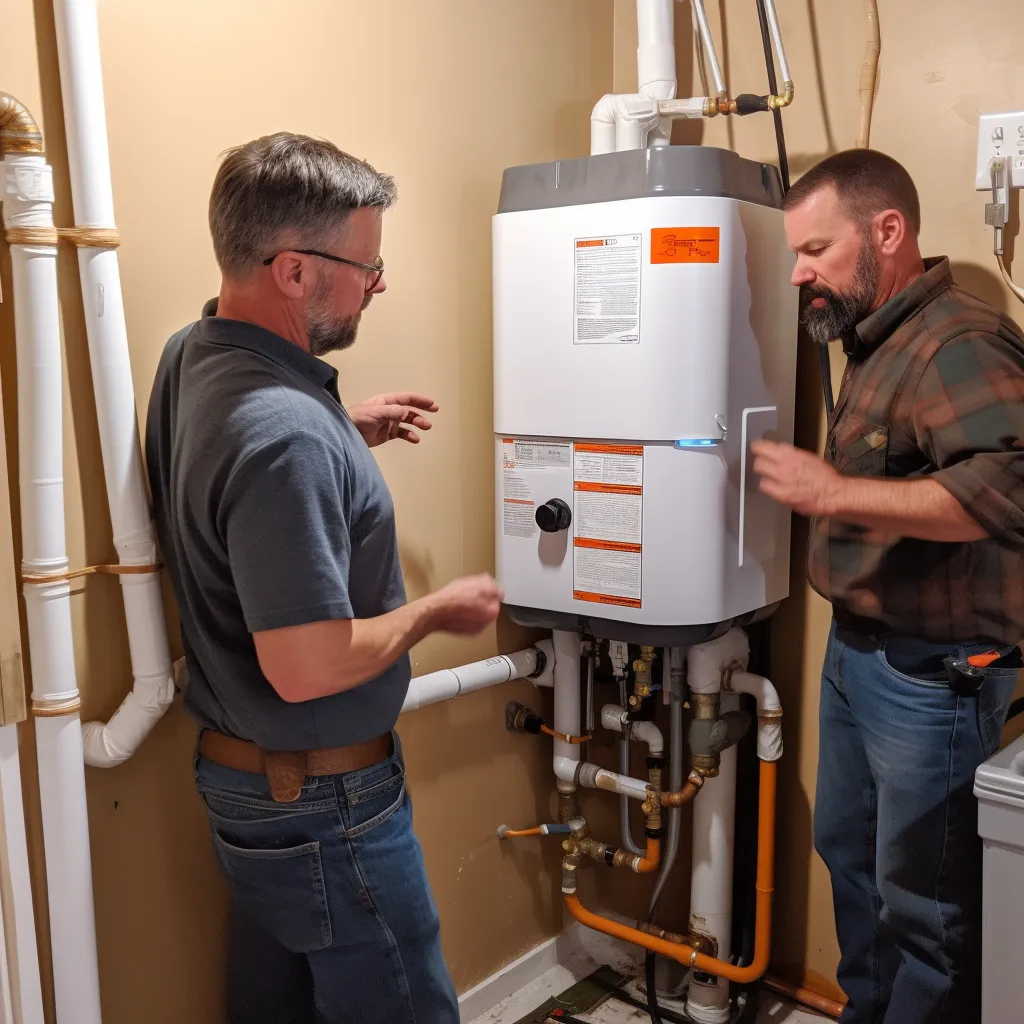
Save on utility bills with a highly efficient system that offers cost savings.
Reduce your carbon footprint with fewer greenhouse gas emissions and a more eco-friendly solution for your home.
Invest in a reliable source of hot water that lasts with fewer components and a longer lifespan.
What are the disadvantages
of a condensing tankless water heater?
There are some downsides to condensing tankless water heaters:
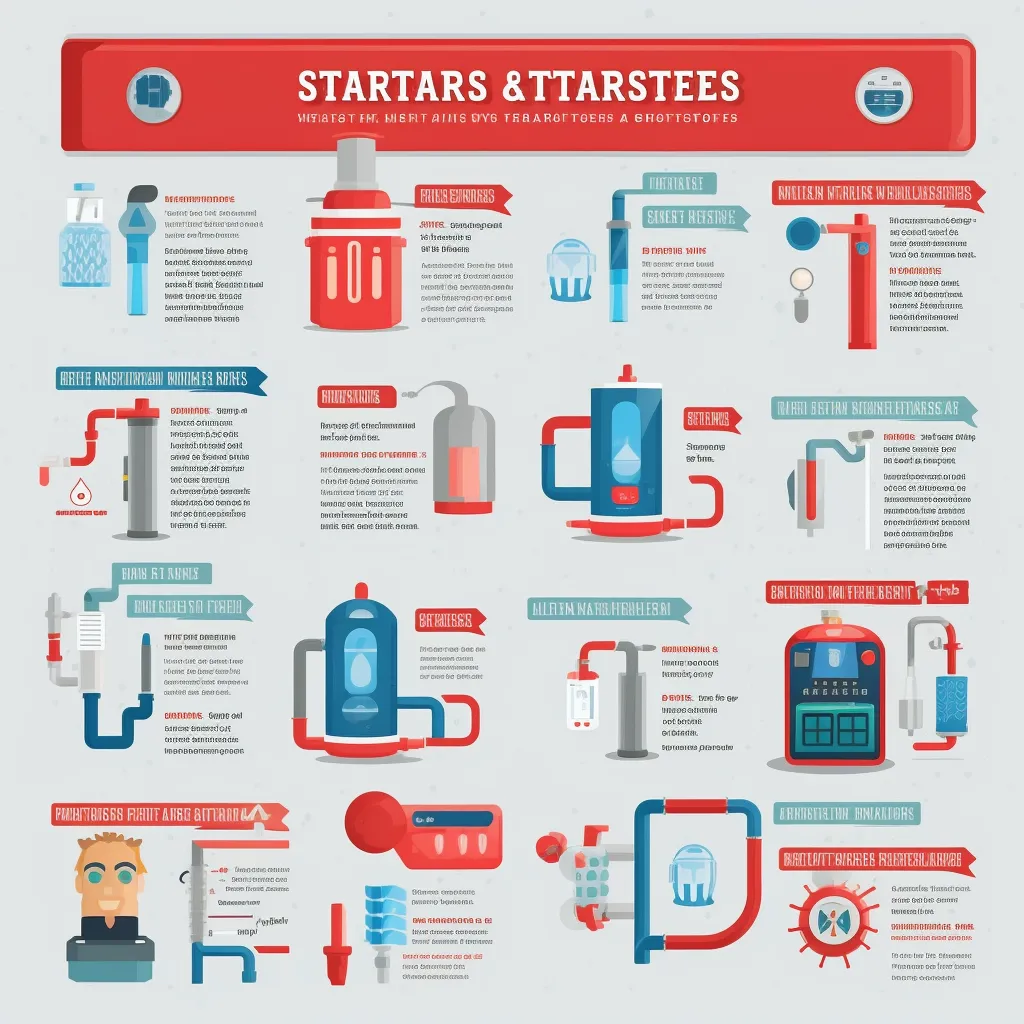
Save money in the long run with a condensing tankless water heater, but be aware of the upfront costs. Though more expensive than non-condensing models, the trade-off is worth it in the end.
Keep in mind that condensing models come with added maintenance and installation complexities due to venting and drainage systems.
Don't forget to factor in the cost of service calls when making your decision.
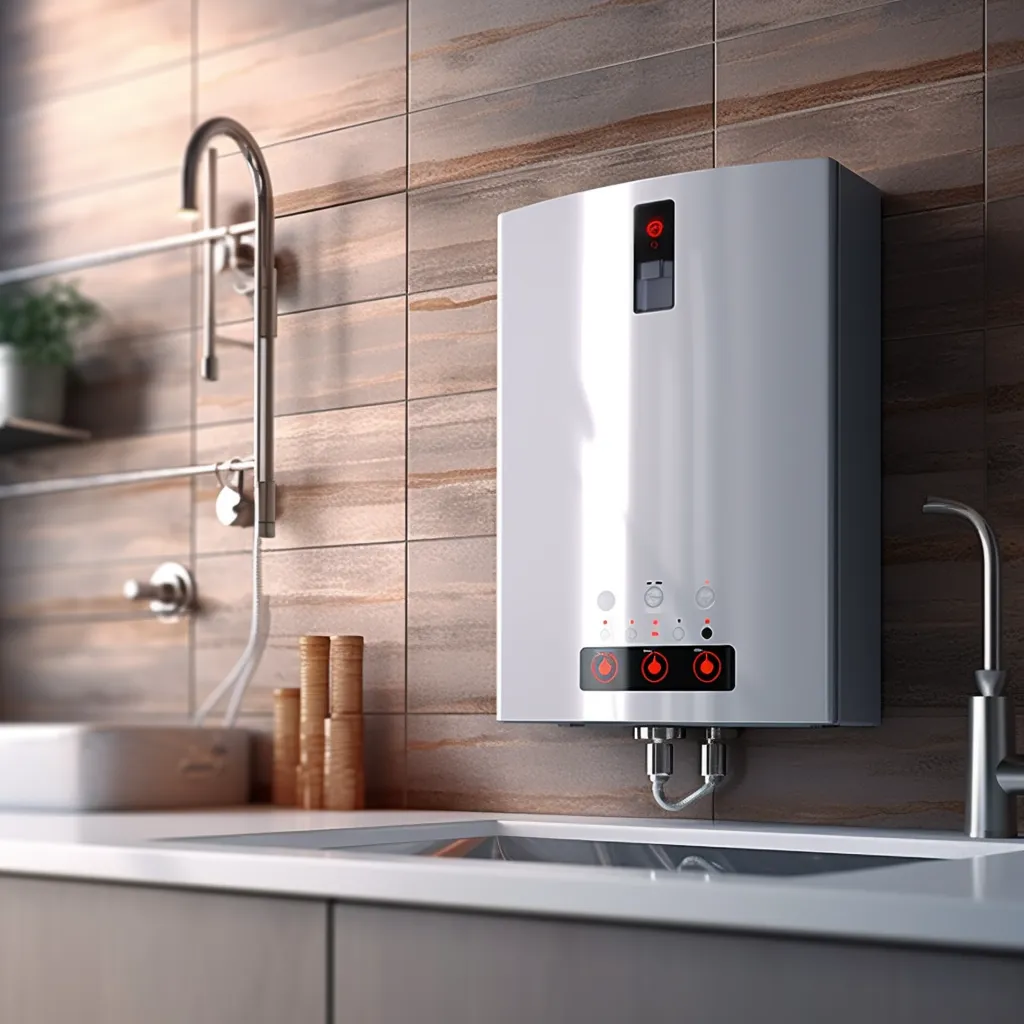
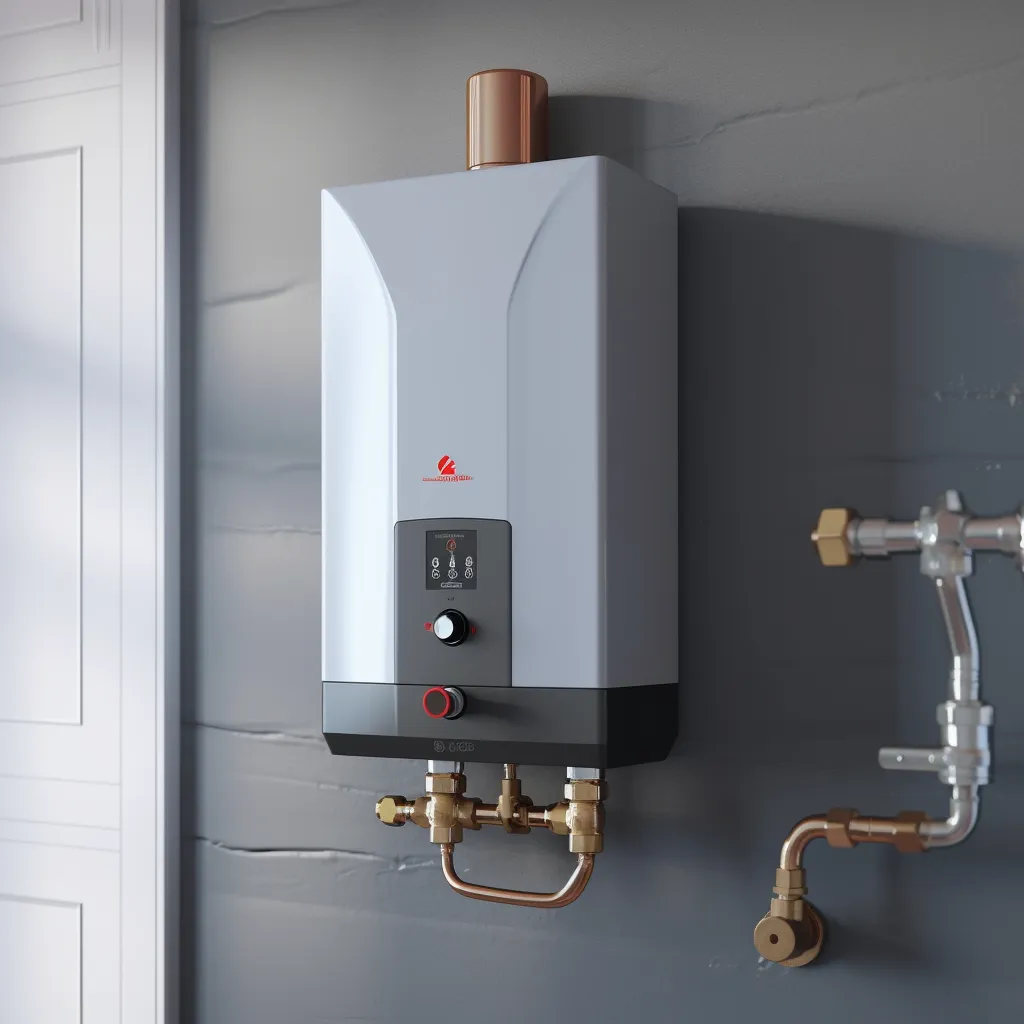
Are condensing tankless water heaters energy-efficient?
Looking for an efficient and eco-friendly solution for heating water? Look no further than condensing tankless water heaters! With up to 96% energy efficiency, these heaters capture lost heat during the combustion process, resulting in impressive long-term savings and eliminating the need to heat excess water. Plus, they only operate when necessary, reducing expenses and minimizing environmental impact. Choose a smarter way to heat water with condensing tankless water heaters.
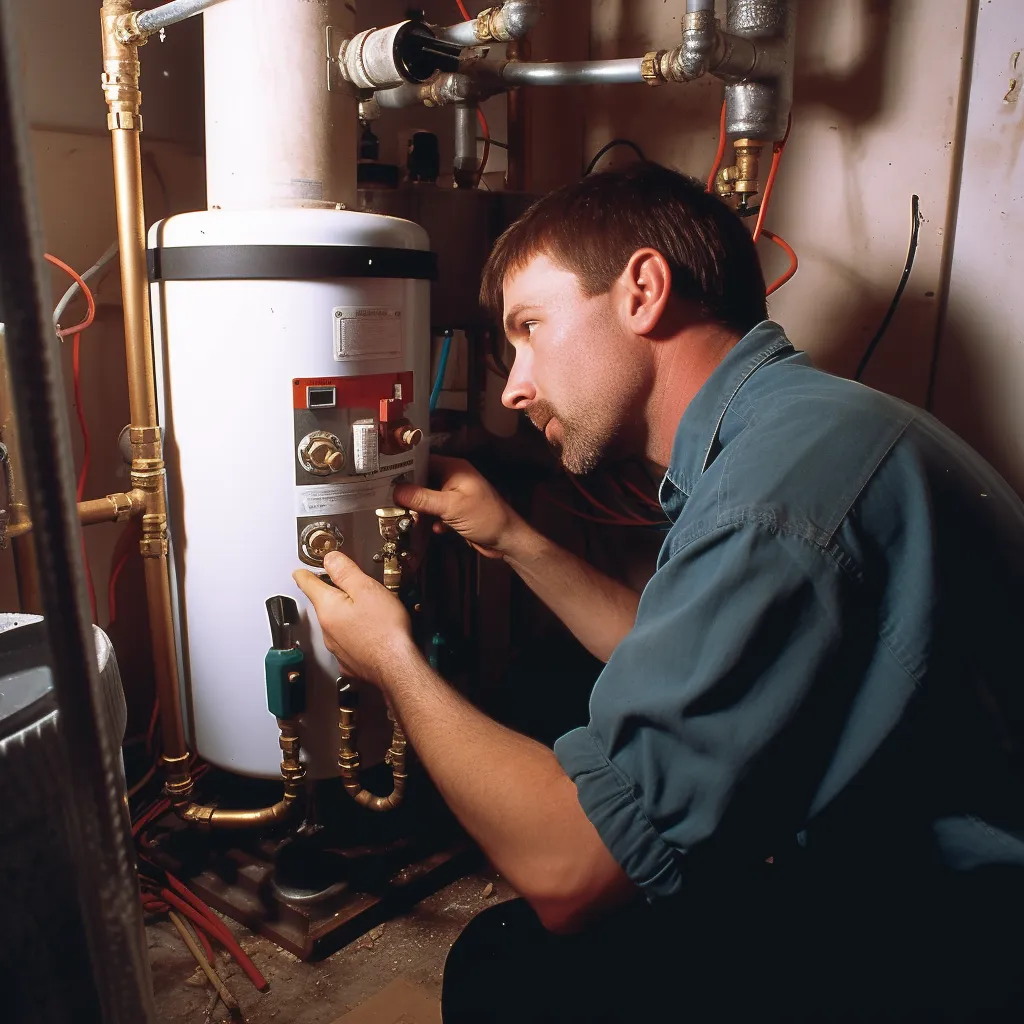
Are non condensing tankless water heaters energy-efficient?
Looking for a sustainable and cost-effective way to heat up your water? Non-condensing tankless water heaters might just be the solution you need! Although they're not as energy-efficient as their condensing counterparts, they're still a great option that can help you save on energy usage and costs.
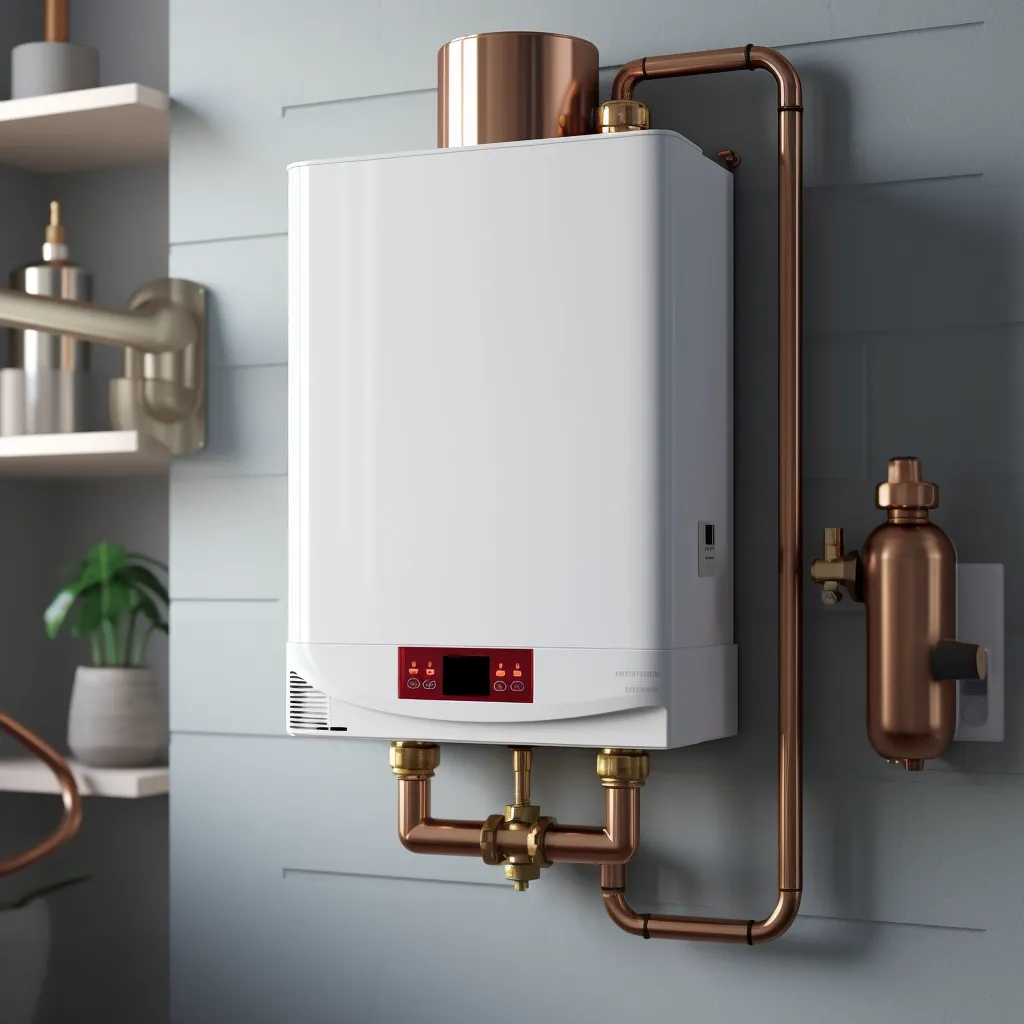
What is the cost to buy and install a condensing tankless water heater?
Upgrade your water heater to a condensing tankless model for major energy savings and better efficiency in the long run. But with varying costs based on factors like home size, model, and brand, the expense could deter you. Additionally, installation may be complex. Get expert advice from a reliable professional to help you choose the right option for you. Despite the initial investment, many homeowners find that the long-term benefits make it all worthwhile.
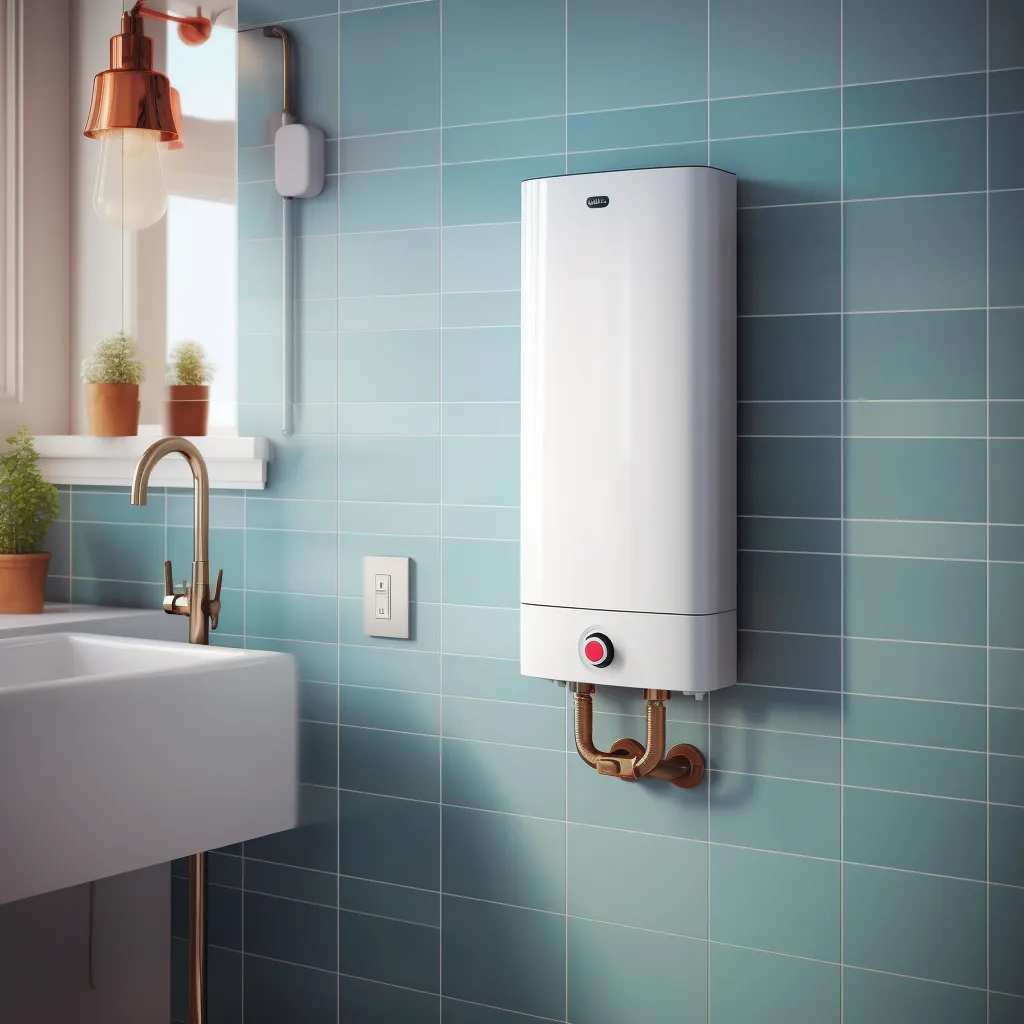
What is the cost to buy and install a non condensing tankless water heater?
Get endless hot water and save space with a non-condensing tankless water heater! Reliable brands offer sizes ranging from $1,000-$3,000, providing a long-lasting investment that will keep your water hot for a couple of decades. With sleek and compact designs, placement is flexible so you can say goodbye to cluttered homes.
What are the maintenance requirements
for condensing tankless water heaters?
Maximize the energy efficiency of your condensing tankless water heater with regular maintenance. Don't let neglect lower its performance. Follow these tasks to ensure its peak performance:
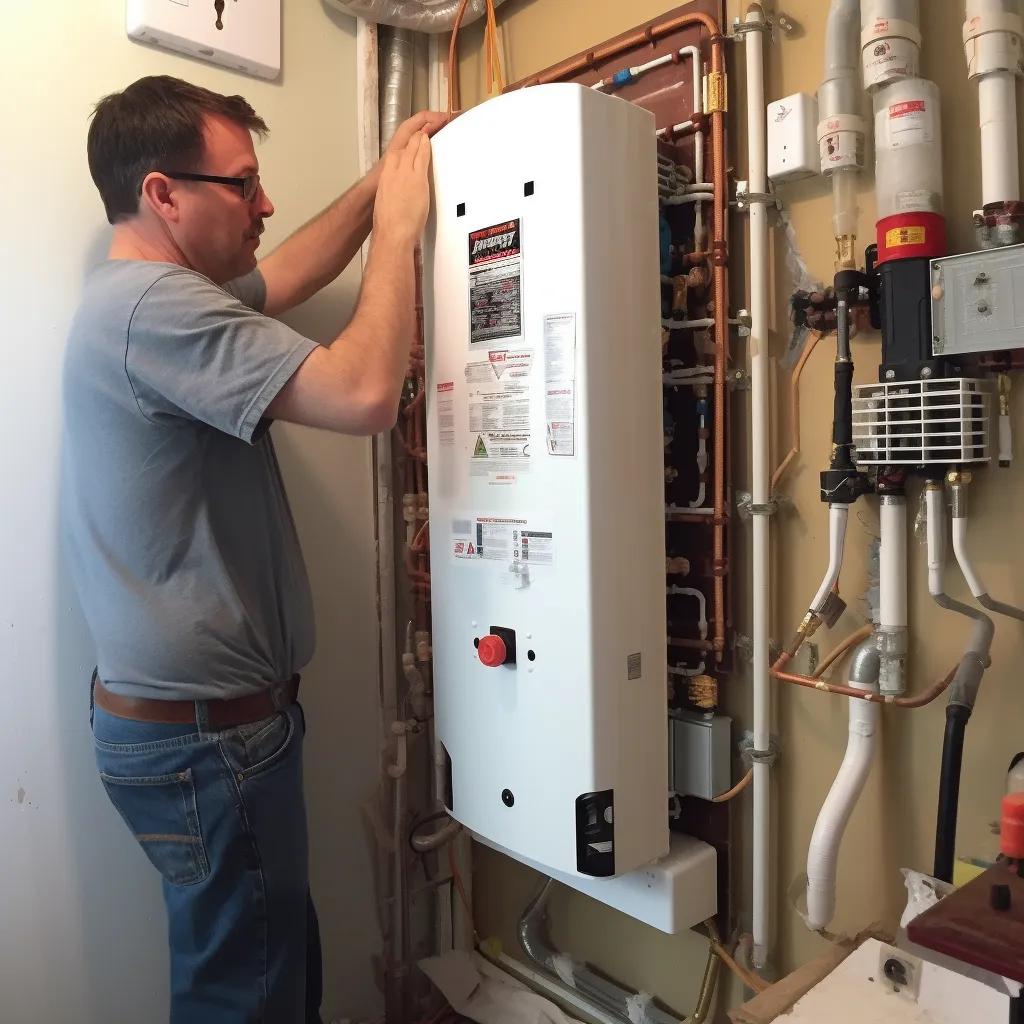
Conduct routine checks for leaks or other potential problems.
Clean the heat exchanger and burner to maintain their performance.
Monitor and replace filters regularly for optimal efficiency.
Check your water pressure and temperature to ensure everything is functioning correctly.
Be sure your venting system is free of debris.
Regularly flush your system to keep it in top condition.
Lastly, don't forget to regularly check your air filter for cleanliness.
Don't let a lack of maintenance cause costly headaches with your tankless water heater! Keep it in tip-top shape by scheduling regular professional maintenance. Catching issues early on can save you both time and money in the long run. Get ahead of the game and keep your energy bills low and your efficiency high.
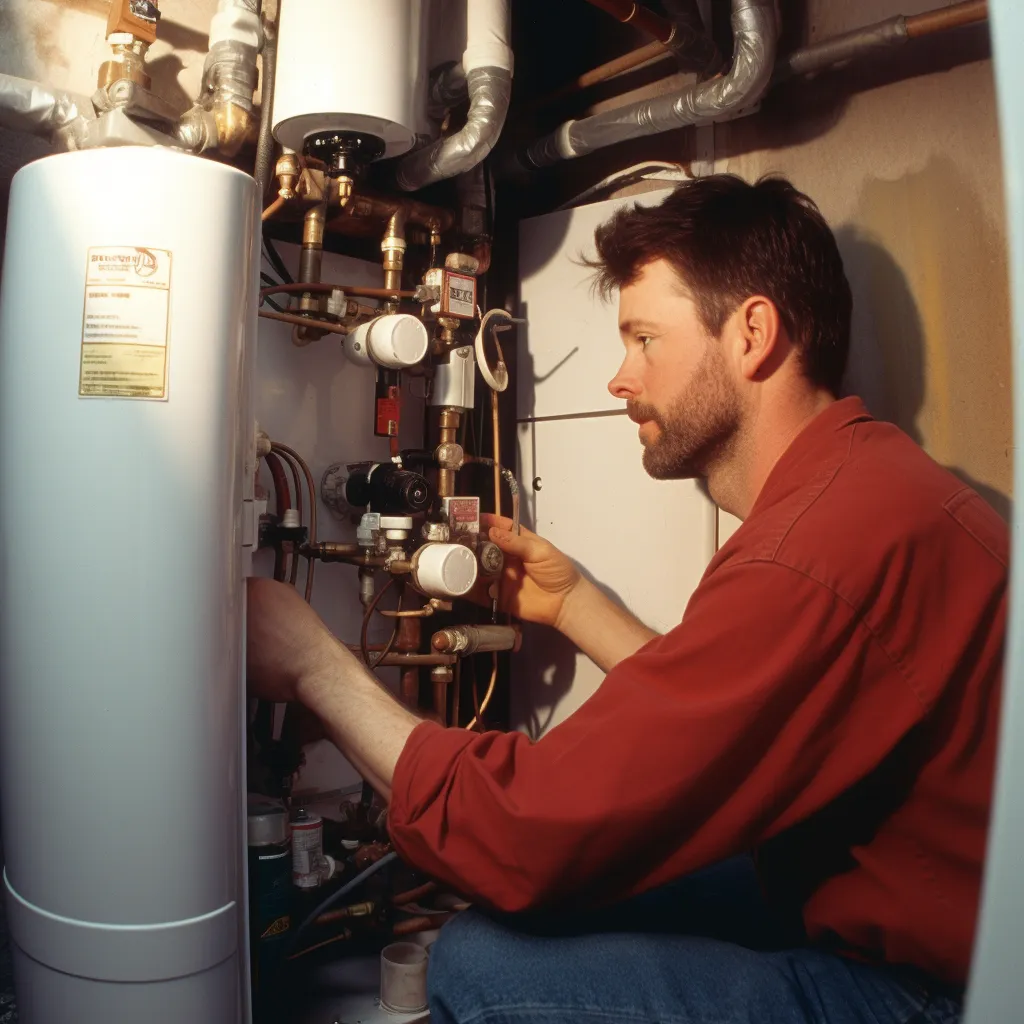
What are the maintenance requirements
for non condensing tankless water heaters?
The maintenance requirements for non condensing tankless units are similar to condensing units.
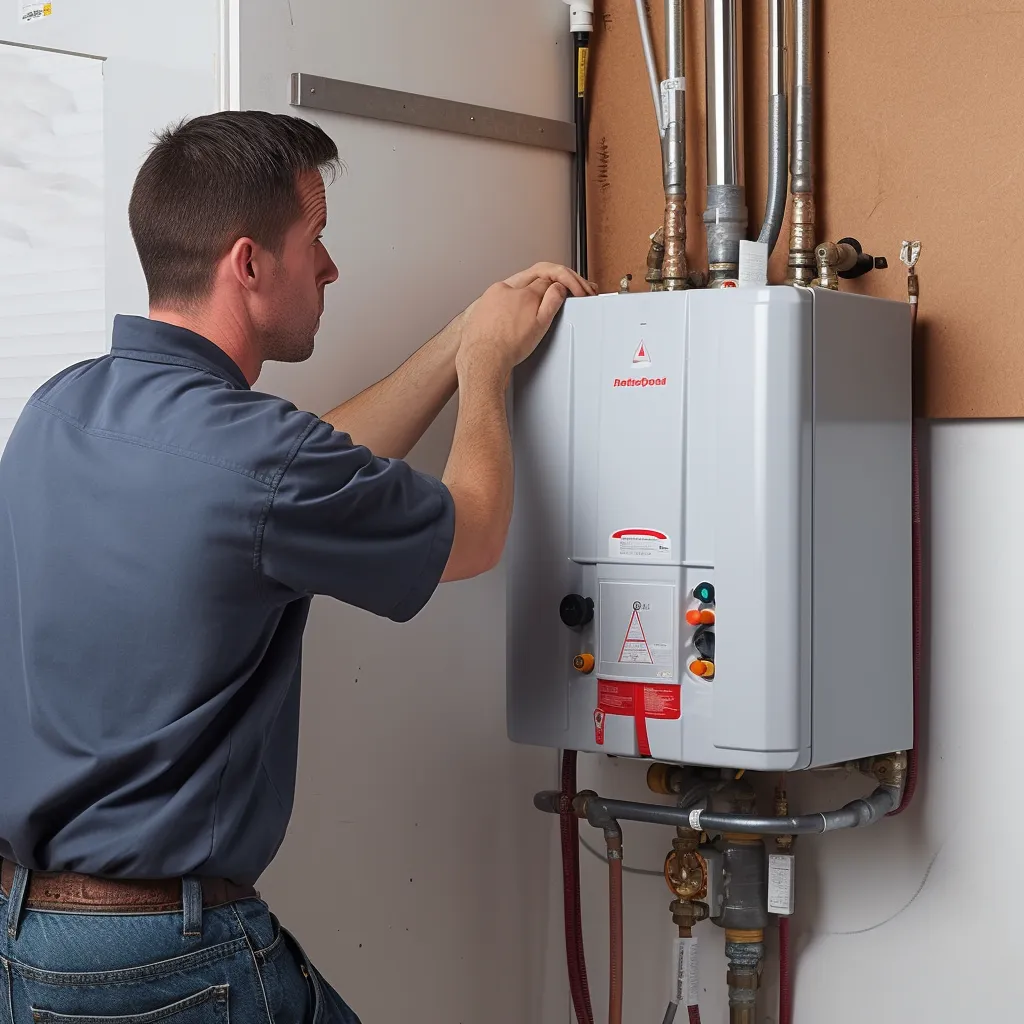
Routinely flush the system to prevent mineral buildup and debris that can hurt performance.
Replace filters regularly to keep the unit running efficiently.
Clean the heat exchanger and burner, and keep an eye out for any leaks or malfunctions.
Check water pressure and temperature to guarantee the best possible performance.
Keep the vents free from debris to prevent clogs and improve efficiency.
What to think about when choosing between a
non condensing vs condensing tankless water heater
Choosing between a non-condensing and a condensing tankless water heater? Here are some key factors to keep in mind:
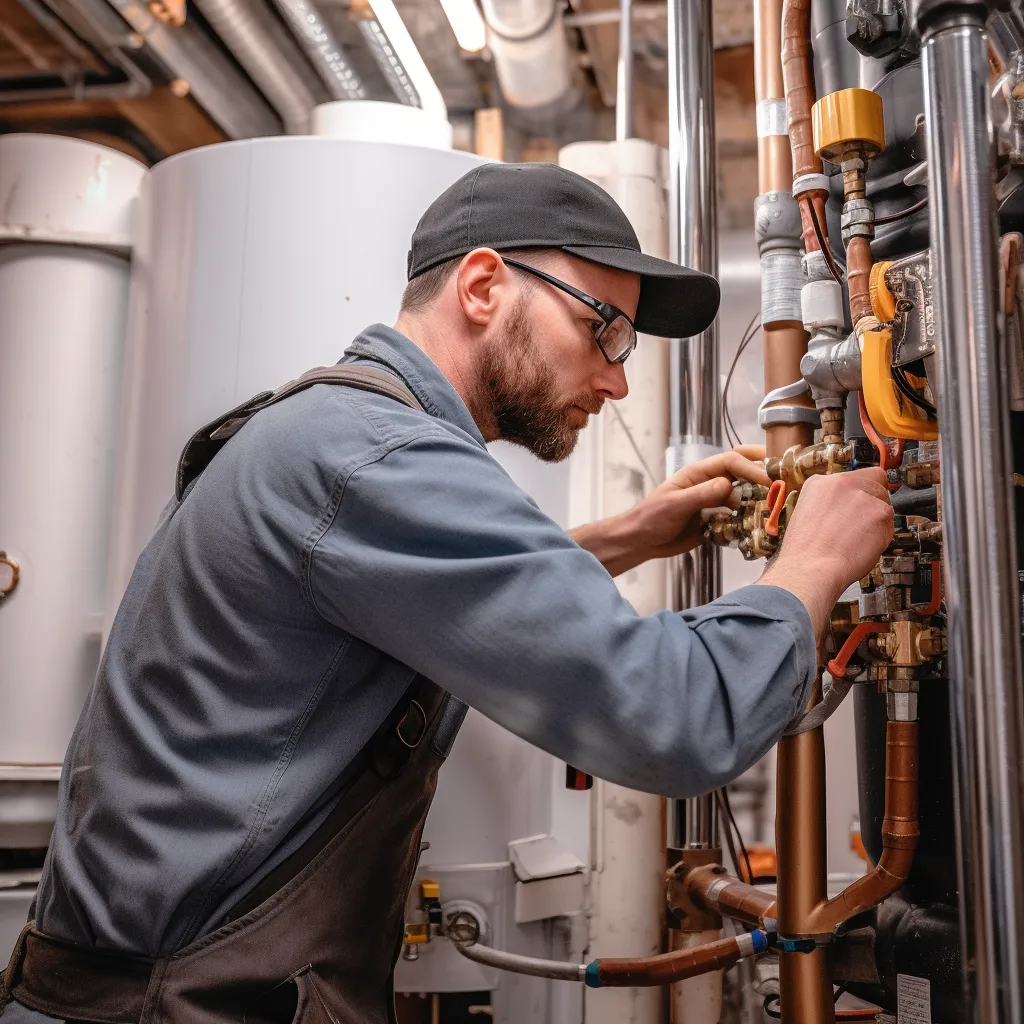
When it comes to water heaters, size matters. Non-condensing units tend to be bulkier than their more compact condensing counterparts. So, if space is limited, it may be wise to opt for a condensing model.
Installation and complexity are also key factors to consider. Condensing water heaters require a more complex installation, which can result in higher overall costs.
Maintenance should not be overlooked either. Non-condensing tankless water heaters need frequent upkeep - something to consider when making a decision.
Energy efficiency is important. Condensing units use less energy, leading to long-term savings.
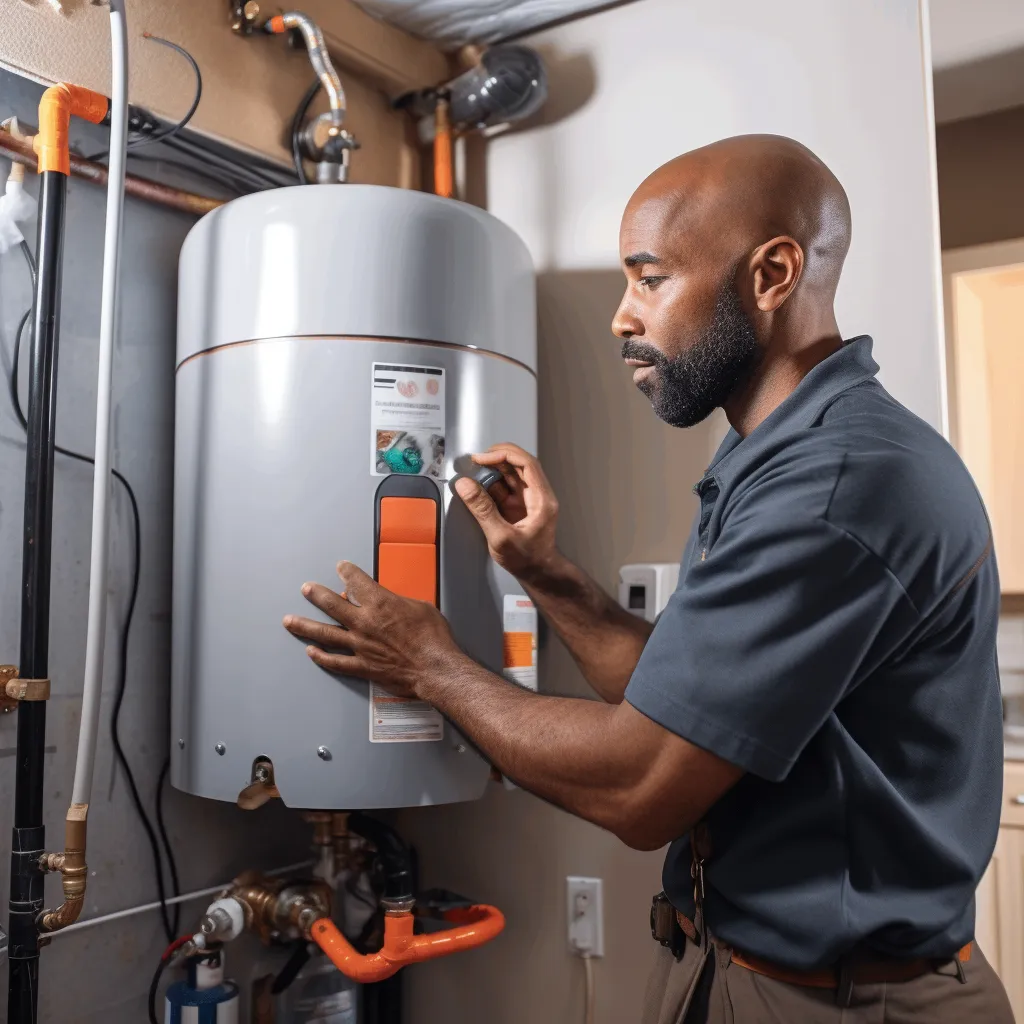
It's crucial to research
condensing vs non condensing tankless water heaters
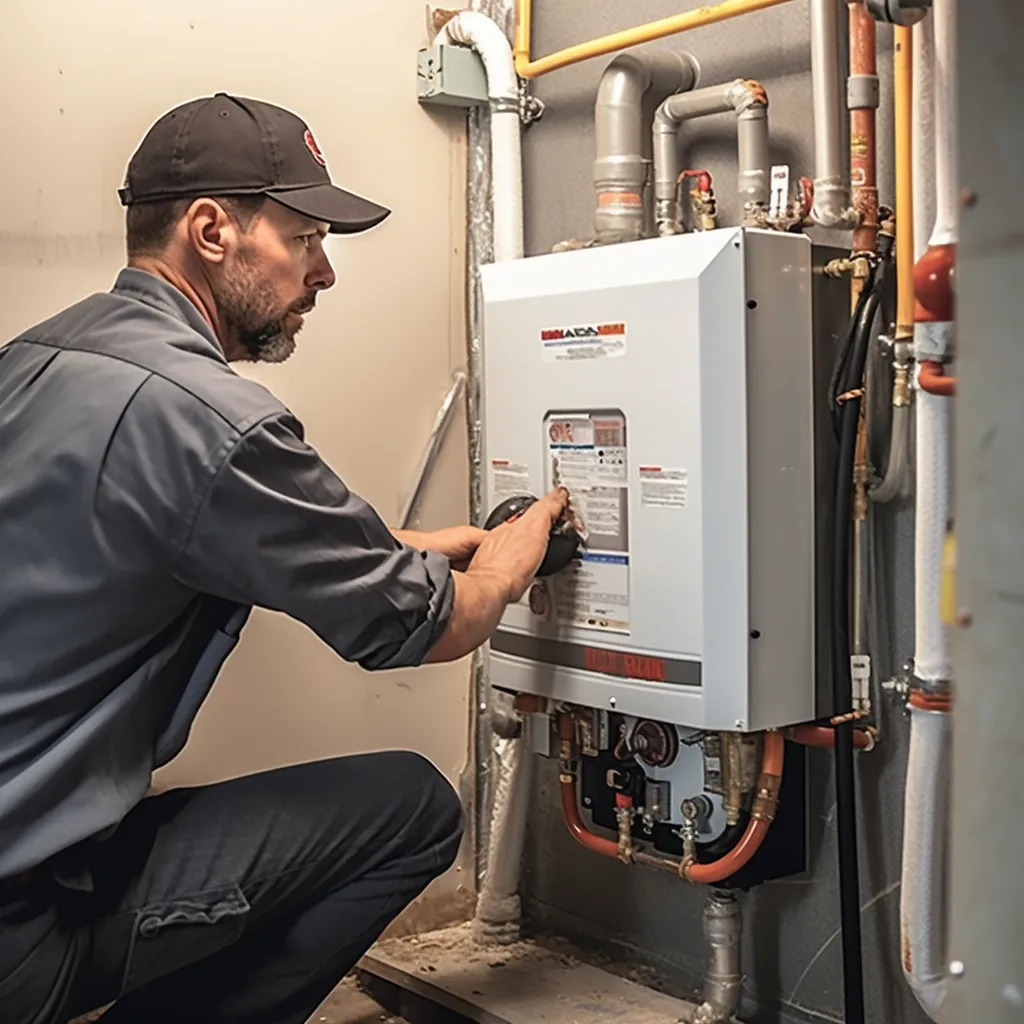
Choosing the right tankless water heater for your home requires careful research to weigh the pros and cons of different types. One crucial factor to consider is whether to opt for a condensing or non-condensing unit. Although non-condensing models may seem cheaper at first, they can be energy-inefficient and costly to maintain in the long run. Conversely, investing in a condensing tankless water heater can help you save on energy and reduce your bills. By comparing your options and selecting the best type of water heater, you can enjoy a reliable and efficient supply of hot water. However, it's essential to consult a licensed professional who can assess your home's specific needs and recommend a tailored solution. Make an informed decision and enjoy worry-free hot water for years to come.
Ready to Solve Your Plumbing Needs?
For reliable, expert plumbing services tailored to the needs of Lake Worth and its neighboring cities, look no further than D&S Plumbing Inc. We’re here for you 24/7, ensuring that your plumbing is always in top condition.
Call us today to schedule your service!
Business Hours: Monday - Sunday, 24 Hours
Phone Number: (561) 823-2535
Location: Central Lake Worth, FL, serving all surrounding areas.
Trust your local experts at D&S Plumbing Inc. for professional, timely, and efficient plumbing solutions.
GET IN FULL TOUCH
PHONE: (561) 823-2535
EMAIL:
david@waterheaterlakeworth.com
D&S Plumbing Inc
Lake Worth, FL 33462
